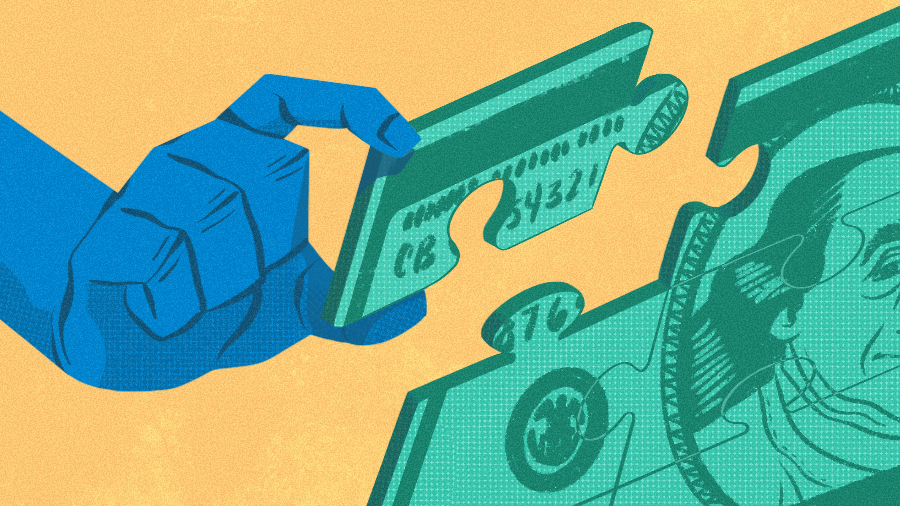It’s subtle, but maybe things are starting to slow a little in the U.S. consumer fintech startup funding space.
Search less. Close more.
Grow your revenue with all-in-one prospecting solutions powered by the leader in private-company data.
We’re not seeing a clear downturn yet. And it’s definitely early to make projections.
But so far in February, there has been a pronounced preference among financial services-focused venture investors toward startups offering backend services rather than consumer-facing platforms.
In the first week of the month, a whopping $592 million in venture funding went to companies that could broadly be included in the Crunchbase financial services category. Of that, at least $528 million, or nearly 90 percent, went to companies offering services to business users (see list).
The top funding recipient was Chargebee, a provider of subscription billing systems that raised $250 million in Series H funding. Next was C2FO, an online platform for managing businesses’ accounts that raised $140 million.
The only consumer-facing application in the seven largest rounds was Mos. The company, which provides debit cards and checking accounts to students, raised $40 million in Series B funding.
By contrast, consumer-facing fintech led the pack for funding in January. Online bank Chime ranked first with $750 million, and crypto payments platform MoonPay was in third place with a $555 million raise. (Stripe, a backend payments infrastructure provider, came in second with a $600 million Series H.)
Globally, financial services was the leading sector for venture investment in 2021 with $134 billion invested. That marks a whopping 177 percent year-over-year growth.
Venture-backed fintech companies also carried out many of the largest market debuts of the past year. But while most did well at first, aftermarket performance has been choppy. Some of the worst performers have been consumer-facing, including a high-profile offering from Robinhood, the zero-fee stock and crypto trading platform. The company priced its IPO shares at $38 each in July; they were recently trading under $15.
Illustration: Dom Guzman

Stay up to date with recent funding rounds, acquisitions, and more with the Crunchbase Daily.








67.1K Followers